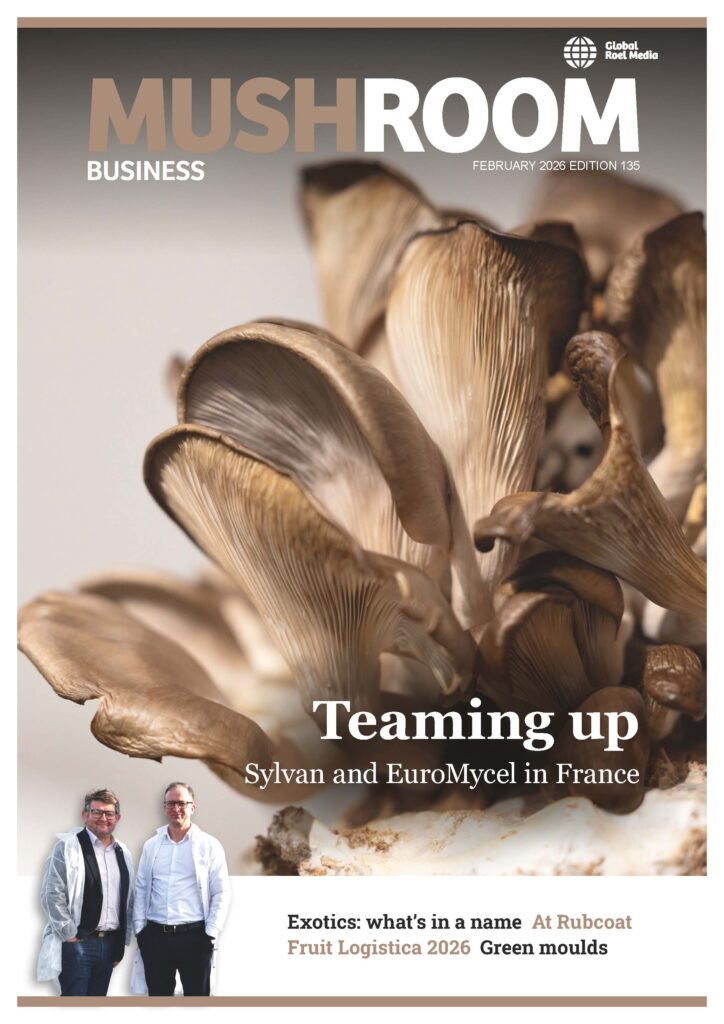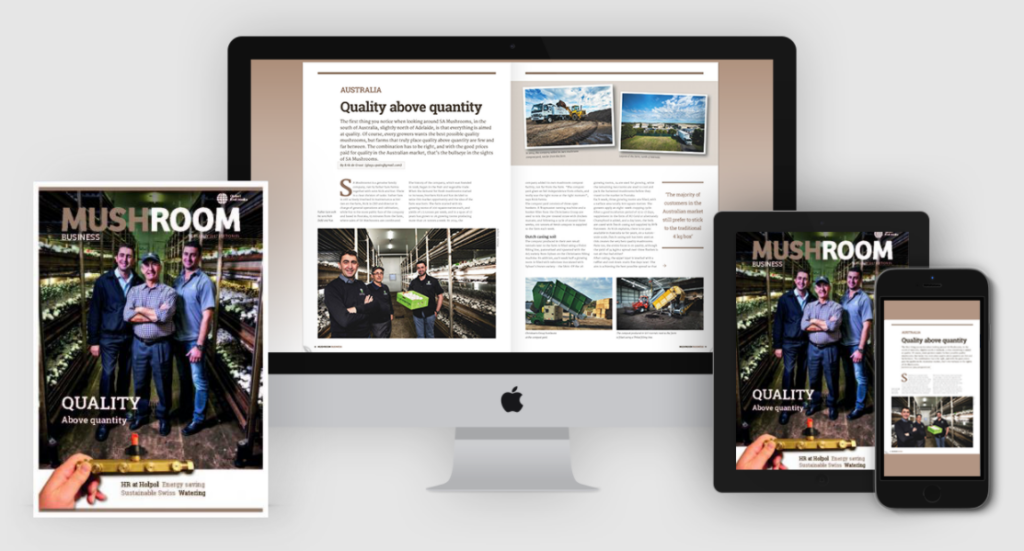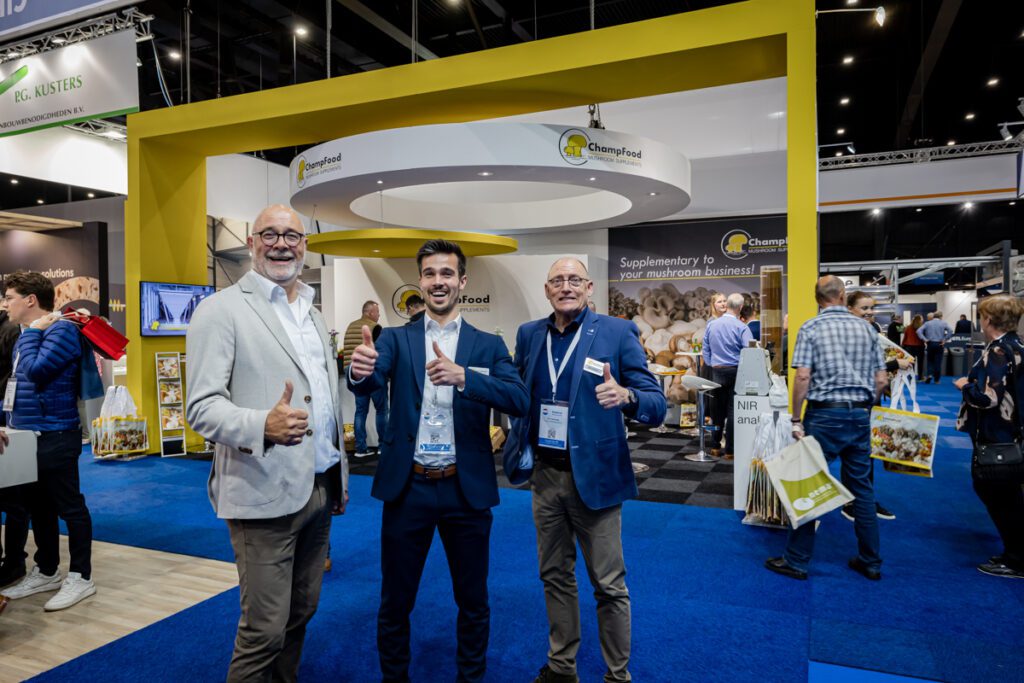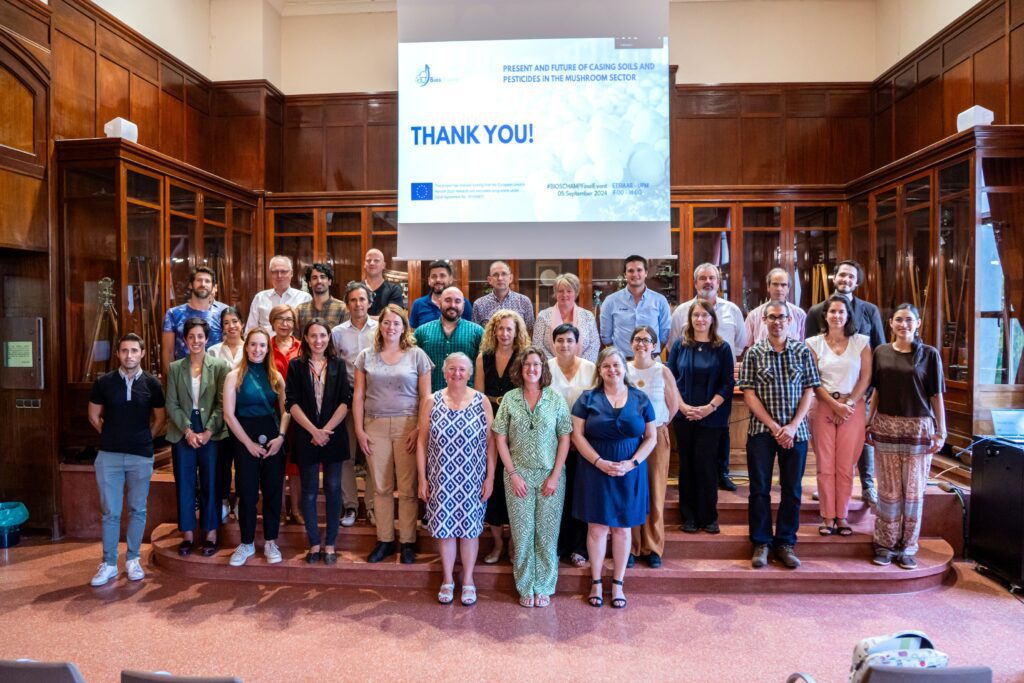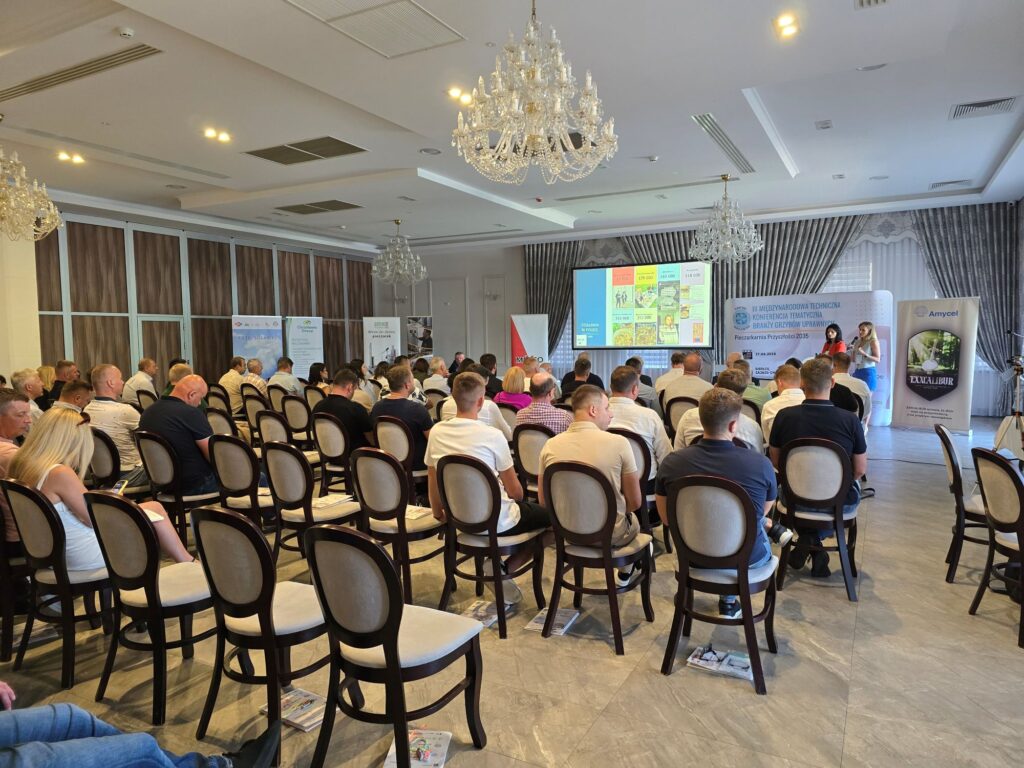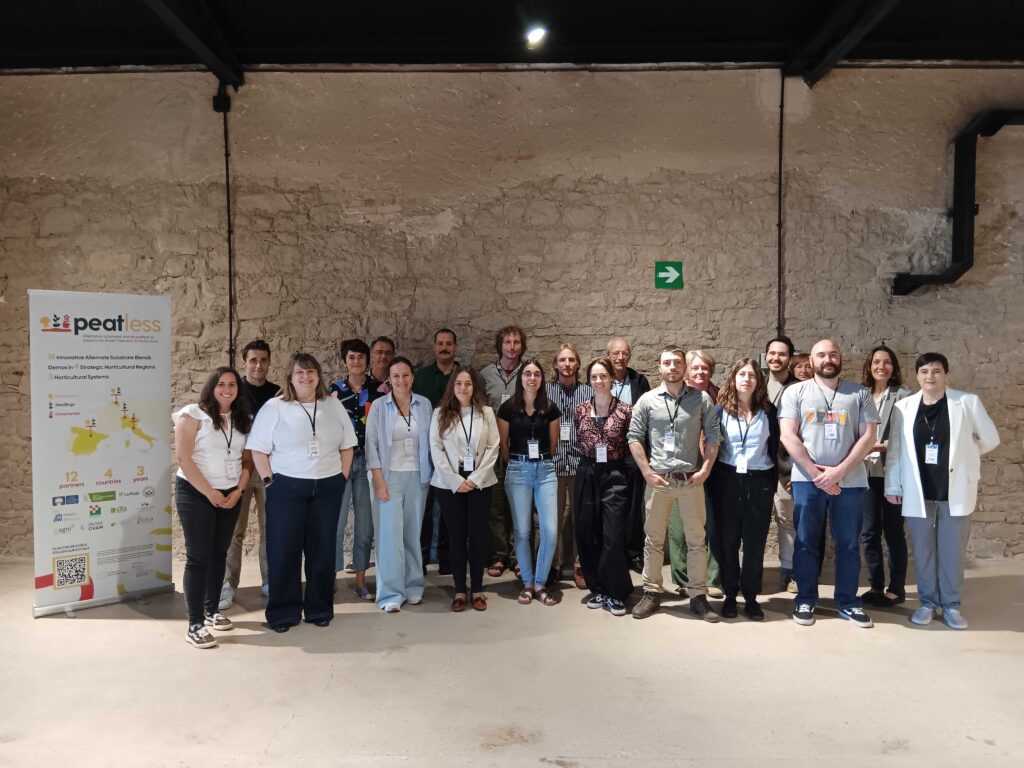
The European Union (EU) has launched ‘Peatless’, an initiative that reinforces its leadership in sustainability within the horticultural sector. The aim of this initiative is to develop low-peat substrates for 3 key horticultural systems: mushrooms, seedlings, and ornamental plants. With over 50% of EU peatlands degraded due to peat extraction, the Peatless project is set out to reduce the horticultural sector’s dependence on peat by promoting sustainable, locally sourced growing media.
Peatlands are extraordinary ecosystems that play a vital role in carbon storage, host rich biodiversity, and provide important ecosystem services. However, peat continues to be extracted for commercial purposes, with around 29 million cubic meters extracted annually in Europe alone – mainly for horticulture, where it is the preferred growing medium.
The degradation of peatlands – especially through unregulated drainage – causes significant environmental harm. Moreover, the current rate of peat extraction is unsustainable due to its extremely slow natural replenishment rate (approximately 1 mm per year), while current extraction methods remove a depth 100 times greater each year. That said, the specific impacts of peat extraction vary depending on national regulations, site conditions, and post-extraction restoration practices.
The European project aims to accelerate the transition to sustainable peat alternatives – such as compost, coconut fibre, or Sphagnum moss – by overcoming the technical, economic, and sociocultural barriers currently limiting their adoption. To achieve this, the project will develop new substrate blends through a co-design process with horticultural producers, tailoring them to their real needs. These blends will be tested at commercial facilities in 4 key reference regions: La Rioja (Spain), Pistoia (Italy), Flanders (Belgium), and Seeland (Switzerland). In addition, a digital monitoring system will be developed to evaluate the performance of the substrates and support agronomic decision-making.
Alongside technical work, the project will promote social innovation through educational activities, visits to demonstration sites, and hands-on workshops to train farmers in the use of these new substrates. The goal is to build trust within the horticultural sector and support the adoption of peat alternatives. Peatless will also address economic barriers by designing new business and organisational models to support large-scale implementation. Furthermore, interactive workshops will be organized with policymakers and project partners to translate the consortium’s recommendations into public policies at both national and European levels.
The project is set to make a significant impact by 2050:
- Saving 2.5 million cubic meters of peat and preventing 900,000 tons of CO₂ emissions.
- The initiative aims to help 5,000 horticultural businesses across 40 regions transition to using sustainable peat alternatives.
- It will provide more than 30 practical recommendations for making growing media use more sustainable.
The Peatless project has secured 4.2 M€ in funding from Horizon Europe and Swiss State Secretariat for Education, Research and Innovation (SERI) for a duration of three years (2025-2028). It brings together 12 partners from 4 countries; Spain, Belgium, Switzerland and Italy, including research institutes, universities, industry players, growers, and policy makers.
By advancing sustainable alternatives and encouraging responsible horticultural practices, this project plays a key role in driving the Green Transition – supporting resilient socio-economic systems that thrive within planetary boundaries.
For further questions, visit https://peatless.eu/ or contact Margarita Perez (Project Coordinator) at direccion@ctich.com.
Photo: Peatless team.

